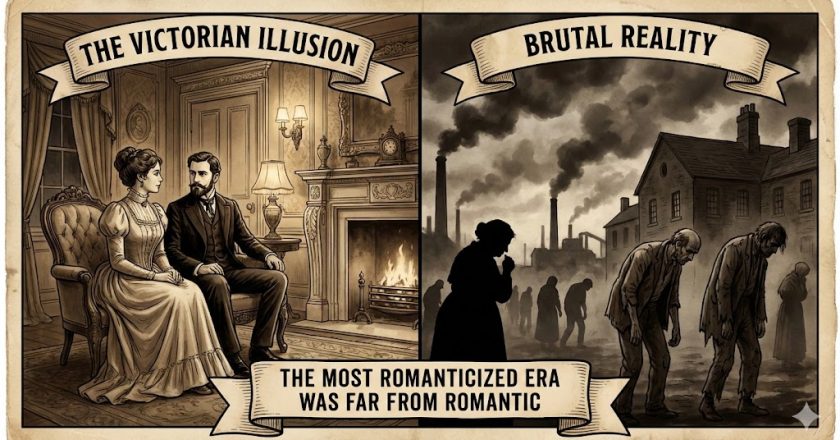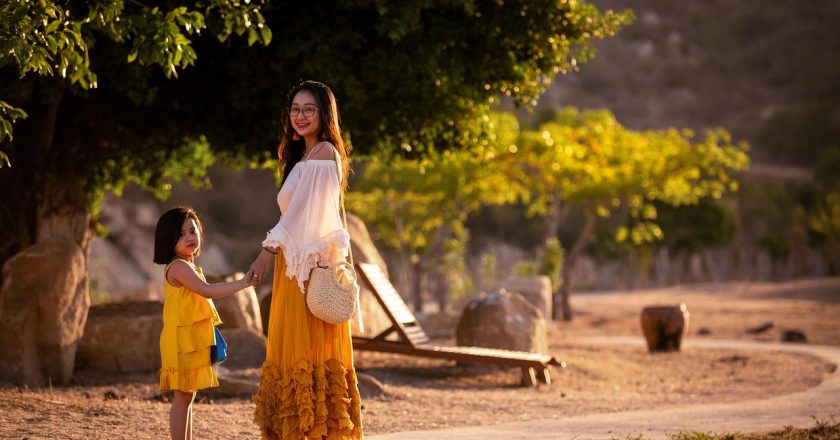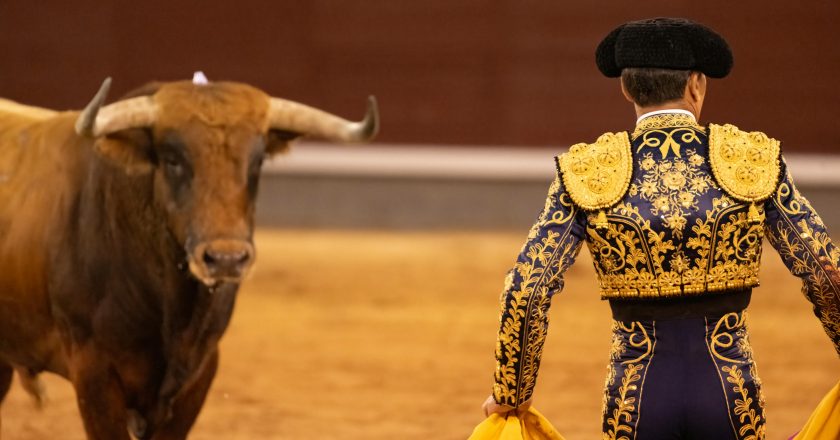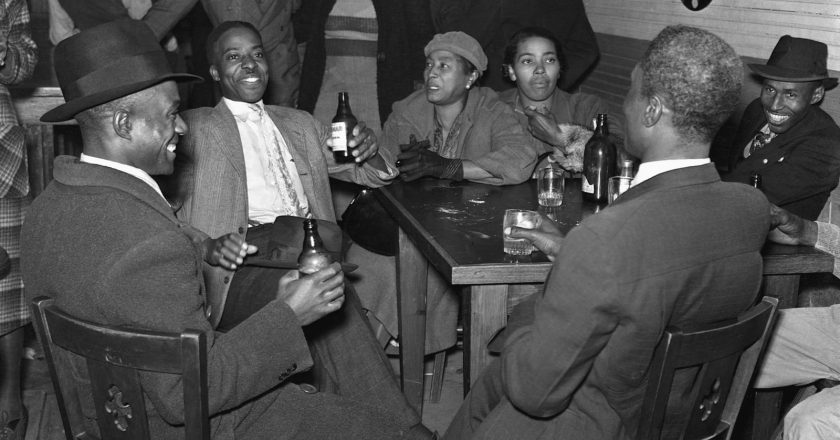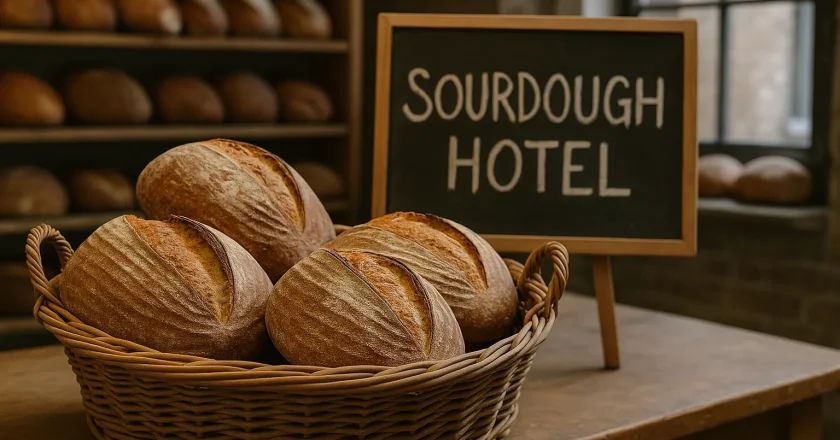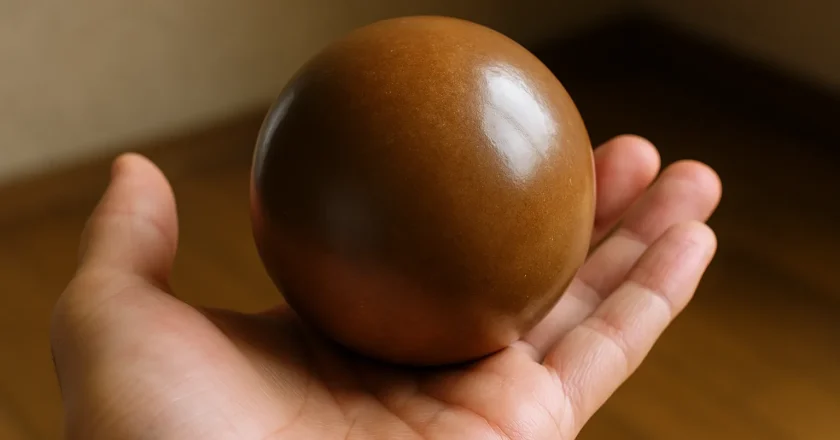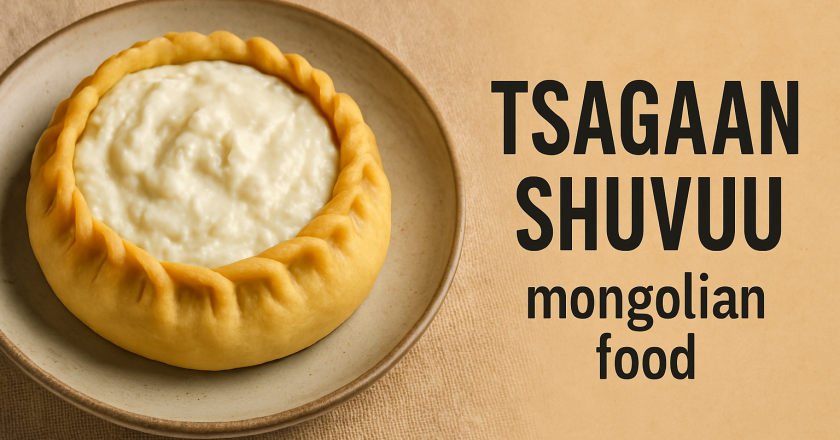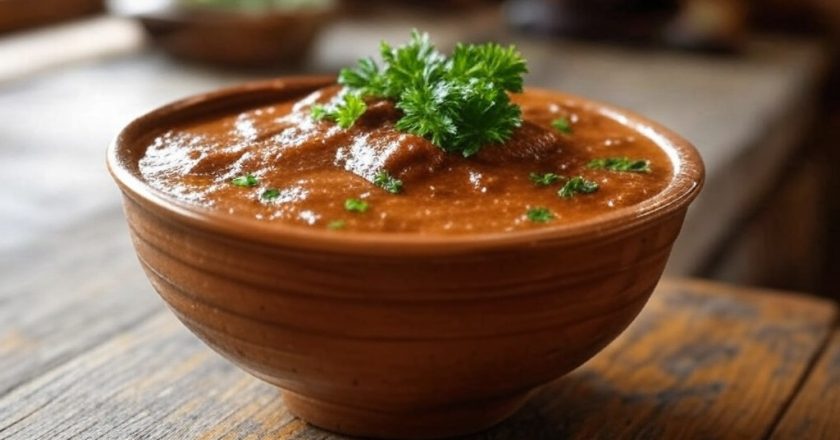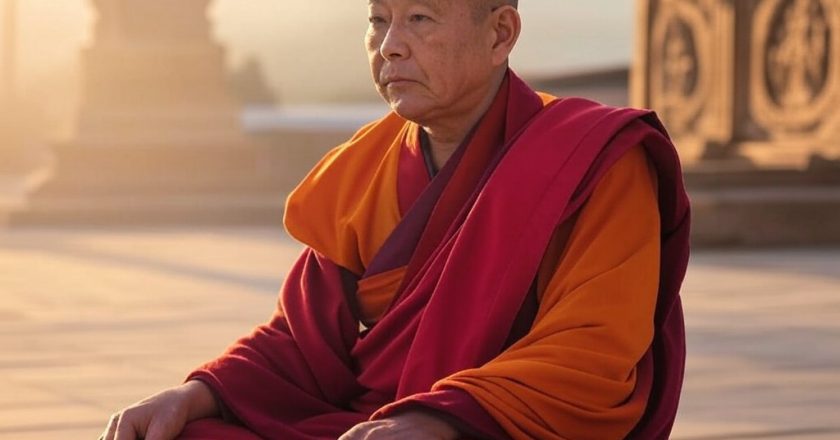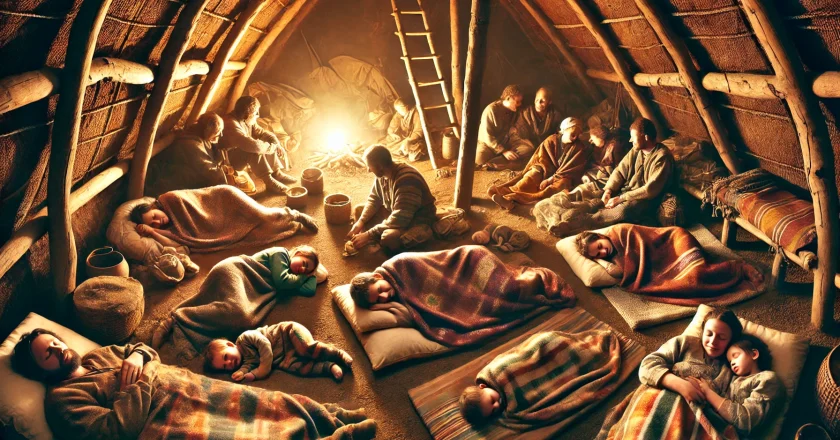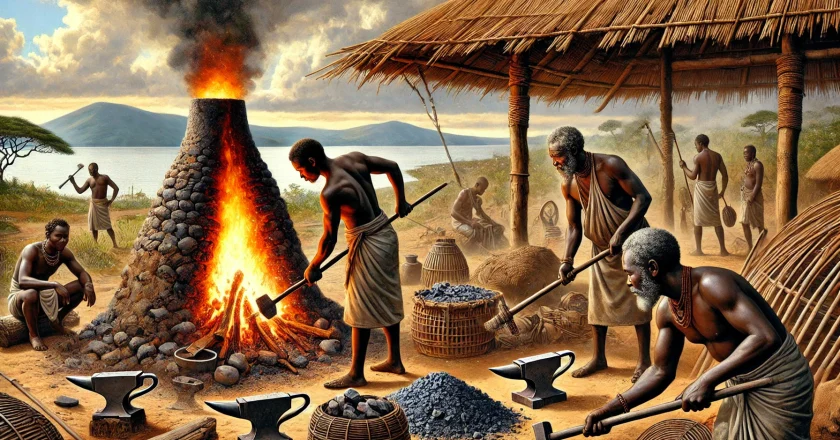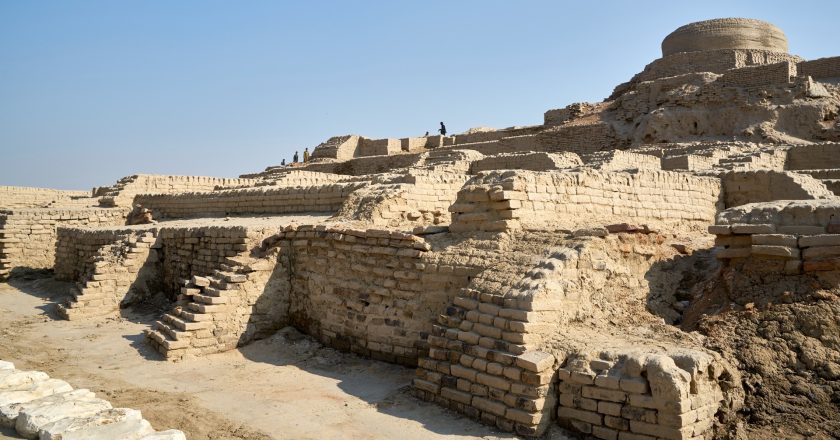Japan’s Quiet Intimacy Shift: Why Sex, Romance, and Connection Are Being Rewritten
Japan’s relationship with sex and intimacy has become one of the most quietly fascinating social transformations of the modern era. It rarely announces itself through scandal or outrage. There are no sudden revolutions, no explicit cultural bans, no dramatic moral campaigns. Instead, the change reveals itself through statistics, personal testimonies, and a growing sense that something fundamental about how people connect has shifted.
Over the past few decades, rates of sexual experience and activity in Japan have declined sharply. Large-scale reviews of sexual behavior research show that around half of Japanese adults reach their mid-twenties without ever having had sex, and approximately 10 percent remain virgins into their thirties. Even more striking, surveys conducted throughout the 2...


